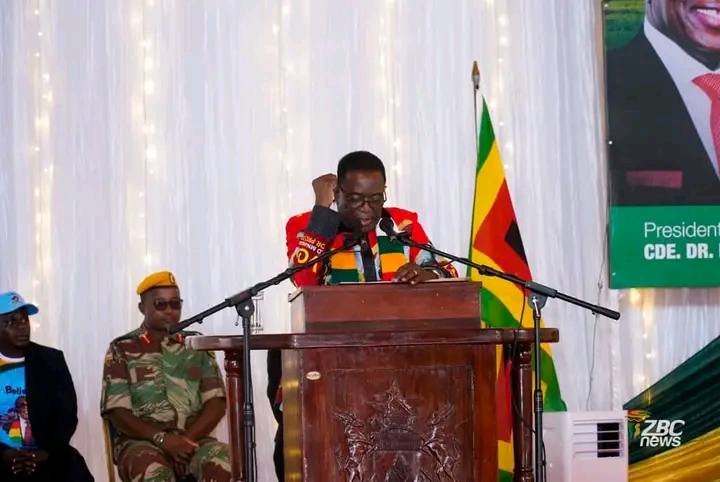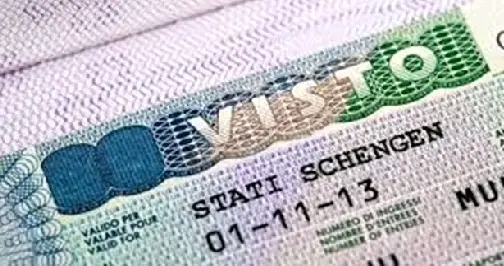By George Swarei
In a grim turn of events, over 70,000 individuals have been compelled to abandon their homes in northern Mozambique, seeking refuge in southern districts since the onset of heightened hostilities in early February, according to reports from the United Nations High Commissioner for Refugees (UNHCR).
The district of Chiure has borne the brunt of the crisis, with more than 56,000 people displaced, while over 33,000 have crossed into neighboring Nampula province. Among the displaced population, the most vulnerable groups including pregnant women, individuals with disabilities, and the elderly constitute a significant proportion, with children making up more than half of those affected.
The conflict has left a trail of devastation, with extensive destruction of residential areas, schools, health facilities, and religious institutions reported. This widespread destruction has only exacerbated an already dire humanitarian situation in Mozambique, where more than 709,000 people are internally displaced, a consequence of violence perpetrated by non-state armed groups and the compounding effects of the climate crisis.
Northern Mozambique has been grappling with insecurity since 2017, when jihadist militants initiated deadly attacks on civilians. Efforts to counter the violence have seen troops from Rwanda and the Southern African Development Community (SADC) assisting the national army since July 2021.
The recent unrest coincides with efforts by a French oil company to recommence a long-delayed $20 billion liquefied natural gas project in Cabo Delgado, adding another layer of complexity to the volatile situation.
As displaced families seek refuge in displacement sites and host communities, approximately 8,000 refugees and asylum-seekers are also being accommodated in the Maratane refugee camp in Nampula province. UNHCR and its partners are stepping up efforts to provide essential relief items including blankets, sleeping mats, mosquito nets, jerrycans, buckets, solar lamps, kitchen sets, and plastic sheets to the newly arrived, with plans underway to address critical needs in water and sanitation, general protection, shelter, food security, health, and nutrition.
However, inadequate funding remains a significant obstacle, hindering the response efforts. UNHCR has appealed for $49 million to support its operations in Mozambique this year. Despite the challenges, the agency remains steadfast in its commitment to collaborating closely with local authorities, humanitarian partners, and host communities to meet the urgent needs of displaced individuals in Cabo Delgado.


